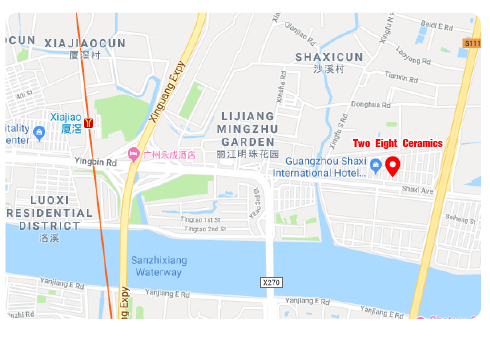can dish soap damage flowerbeds? - selfgrowth.com - how to clean restaurant dishes

Dish soap has been a popular therapy for pest control for many years.
Because we wash the dishes we eat with soap every day, what harm does it do to plants?
Find out the truth for yourself through bubbles.
What is soap?
The Dish soap is a powerful skim.
It is a detergent that can include bleach, enzymes, phosphate, dyes, spices and rinse AIDS.
There is a big difference between chemical soap and detergent.
Soap is made of natural grease, while detergent is made of synthetic chemicals called a surface active agent.
Their main purpose is to clean, but the chemicals in them are very different from each other.
Due to the chemicals in the soap, it should be named detergent.
It works by dissolving greasy chemicals such as fat, wax, oil, etc.
What happens when spraying on plants with soap?
Because washing dishes is a good way to remove oil, wax and grease, it can remove natural oil and wax from plant leaves.
These oils and wax are good for plants while protecting the leaves.
When the protective layer is removed from the plant, the pathogen is more likely to infect the plant.
Therefore, spraying dish soap on plants eliminates the natural defense mechanism of plants.
You actually set the stage for plants to get sick and possibly die.
What is the Insecticidal soap?
There are many gardeners making homemade pesticide spray with soap and water.
These are the pesticides used in the garden.
This is real soap, not detergent.
Soap is made of sodium hydroxide or sodium hydroxide mixed with fat.
The final product is either potassium salt of fatty acids or sodium salt of fatty acids.
Although they are all clean things, they are very different from those in detergent.
This pesticide soap uses only potassium, which is mild and soft than traditional soap.
It also contains long chain fatty acids.
It is usually mild on plants.
From a clean point of view, the insecticidal soap is a great soap.
It can effectively control pests, such as aphids, spider mites, fish scales.
Soap dissolves the wax crust of the pest.
However, this soap is less effective for beetles, bees, lady beetles, wasps, and insects with a hard appearance.
Every 5 days, pesticide soap spray can be applied to garden plants affected by pests to control pests.
This soap will kill insects only on insects.
It is ineffective when the spray is dry.
Spray can sometimes hurt sensitive and weak plants.
So make sure you spray it only for health and healthwatered plants.
If you are not sure about these plants, check for signs of damage within 48 hours by spraying inconspicuous leaves.
Also, make sure you use the correct fertilizer service depending on the type of plant.
You can't make homemade pesticide soap from what you find around the house.
If prepared in an appropriate manner, a weak solution made with liquid dish soap is safe.
Mix 2 tablespoons of liquid dish soap with 1 gallon of water.
This will not hurt most plants.
Make sure you don't make a strong solution because it can damage weak and sensitive plants.
Spray should not be applied when the temperature is too high.
Packing with a small amount of diluted liquid soap will not cause harm to the plant.
Soapy water is better than no water during the drought.
Dishwashing water can be used when there is no fresh water irrigation.
Although dish washing soap is not entirely safe, it may be beneficial to use the appropriate guidelines.
If you are still reluctant and not quite sure if there is any pesticide soap, go and provide a fertilizer service that uses the best fertilizer that is good for the plant.
Guangdong Hosen Two Eight Industrial Co.,Ltd. is a professional ceramic tableware manufacturer. It is committed to provide customers with one-stop purchasing service for hotel supplies and catering suppliers about 20 years by now. Sitemap
CONTACT US
Mobile: +86-18127955755 / 13694279549
E-mail: haoxin-2@28ceramics.com /
Office Address: 3/F-4/F, Shaxi International Hotel Supplies City, Shaxi Village, Guangzhou City, China
Factory Address: Ditou lndustrial Zone, Fengxi District, Chaozhou City, China

